🧠Underthink
Think Less, Idea More
Here’s what you get in every episode of Into the Storymaze: writing tips or a work-in-progress; something creative I’m digging; a highlight from my comics-writing credits; plus a quote that’s got me thinking — both about now and what’s next.
Writer/pal Mark Bellusci and I ran a hundred or so episodes of a fun lil’ podcast called Street Writers, where we would share a fast, funny, practical 10 minutes of writerly wisdom. Here’s one of those techniques.
Dan: Writers, I know, overthink everything. (Also works without the commas: “Writers I know overthink everything!”) It literally shuts down parts of your brain. On one hand, you think, “If I overthink this, I'll figure it all out.” In truth, you're shutting down the prefrontal cortex, which is not great when you want to break through on creative ideas.
In a great newsletter I’ve been following called The Fearless Strategies, the author Lucian James deals with life using Japanese techniques. And one of the thoughts he had was not overthink the situation, but underthink the situation. Underthink what you're doing. If you can underthink, then you can let ideas come out without forcing them or editing them. You kind of go off script.
It's pretty much if you're familiar with improv or types of improvisational arts, whether jazz or anything like that. It’s approaching it that way. Why are jazz artists known for smoking weed? Well, weed shuts down the prefrontal cortex.
How do you get into this underthinking? Lucian had three thoughts.
You can't just say, “I'm going to underthink it.” You need to get yourself in a ritual of regularly doing three things to get yourself in that space, and mix them up. Low intensity, medium intensity and high intensity activities.
So low intensity is meditate. Getting yourself into a place where you're doing some breathing or doing some quiet contemplation, that's one thing.
Medium intensity stuff is some form of movement that almost feels like it's banal or kind of like the ordinary: walk the dog, wash the dishes, garden, anything like that.
And then get yourself in that mix something that is high intensity. Things like running or kickboxing or martial arts, which are high stakes, something that's more intense or unpredictable.
You're giving yourself rituals that then create the right pattern for this underthinking That will then give you some flow and the words can come better, sharper, more interesting.
Mark: I love that cause I'm doing it. I guess I'm empirical proof of it. Without having read that, I do martial arts and I find this routine that I have is now more important than ever. The routine you had before COVID was getting a shower, you can get a cup of coffee, you get on a train, you get in the car, you get on your bike and get to work. So you had your routine built.
These [underthinks] you have to do on your own. My routine is always at this point is I have to work out to wake up. So it's usually a combination of martial arts and cross training. And then, I walk the dog and while I'm doing it, I'm going to listen to a mindful app.
I do that and then I get home. Then I sit down and have a coffee and I have an app, a two minute thing [I listen to] about drinking the coffee. Then I read a page of something I'm reading, a book — and then I write. And I write an observation first, and then I put on 25 minutes when I write whatever I'm writing and it's like — I cannot run my day without that routine. And I find that any break in that throws me off. It's crazy, but it just drives me off.
Dan: You kind of discovered this on its own. Lucian has just defined it. (SIDENOTE: He also just started a newsletter devoted to Underthink.)
Mark: If he wants to sign me up as a test subject, my rate is very low.
Dan: Let's not overthink this tip.
SPECIAL NOTE: Between last episode and this one we passed 150 subscribers! THANKS TO EACH OF YOU for reading along — and continuing to share Into the Storymaze everywhere you can.
Herb Trimpe was a mainstay of Marvel Comics. As an artist, he was a craftsman, with a well-deserved rep for dependable, clear and effective visual storytelling. Among his many accomplishments and characters he brought to life and adventure: he had a long run on the Hulk, where he is responsible for the creation of the Hulkbusters — and, oh yeah, a lil’ character called Wolverine.
None of which mattered in the mid-nineties when it was arbitrarily judged that Herb’s style was suddenly “out of style.” Up against the popular talents of the day, Herb’s assignments dried up, his track record no longer mattered. At a point when he should have been secure in his career, he was forced to go back to school to ultimately re-invent himself as a teacher. And he shared parts of that heartfelt and heartbreaking journey in an article he wrote in 2000, for no less than the New York Times: Old Superheroes Never Die, They Join the Real World
I had a chance to work with Herb on a short run during my time on Nick Fury: Agent of SHIELD. I now realize this would have been at the same time he and his talent was being marginalized. That makes me even more ashamed to admit I was more focused on getting to the next issue and the next storyline than getting to know Mr. Trimpe. Another too late reminder that your partners are everything. Do not neglect them. Embrace them as soon and as warmly as you can.
Herb was 56 when he penned this editorial. I just turned 57 — and not too long ago suffered my own layoff from a corporate gig that had enough seniority and accomplishment to create its own illusion of professional security. So maybe Herb’s words speak louder to me.
But wherever or whenever you’re at, it’s a fine, honest, human piece of writing. Take it to heart: Old Superheroes Never Die, They Join the Real World
I know I’m not the only one with something to say or share. Jump in…
The ocean's a big place. But apparently not big enough for a second issue of SeaQuest DSV. "How can this be? There's a cover!" Indeed there was, by the outstanding Dave Dorman, no less, and advertised as very real in the first published issue. Plus I can attest to a few more written plots after that, as well. But never-to-be ,thanks to a lack of communication. (Not to draw too many comparisons, but this may have been what happened to Atlantis.)
SeaQuest's TV scripts (and later the show itself) glided through the deep sea at a bit of, shall we say, languid pace. Maybe reflecting (or aping) the measured, intellectual construct of the Next Generation of Star Trek that seems (to me at least) to have been a big influence on these submariner tales. Now that's fine for some. But editor Sid Jacobsen wasn't a languid kinda guy. SeaQuest was being positioned as part of Harvey Comics Nemesis imprint: an action line that was supposed to give the traditional kid's publisher more reach, especially in the action-adventure time of the nineties.
(In fact, I was being courted to be editor in chief of the Nemesis line — the second time we would dance this dance. And the second time I would accept, and they would then once again decide, "Yeah, we're not gonna do anything with Nemesis! Hope you didn't break your lease to come out West!" I always did appreciate Charlie Brown and that football…)
Back to seeking out new sea life and new civilizations: Sid asked me if I could turn the dial up on the action, a request I was glad to accommodate with more bold story moments. (Did I mention it was the action-adventure nineties?) Problem was, no one had cleared this with SeaQuest star Roy Scheider. He had, apparently, signed on as sub Captain Nathan Bridger with the promise of measured, intellectual, science-based exploration.
So when the first issue got in front of him — whether to approve of character likeness, or just to say, "Hey, Roy, check this out!" — murders, underwater cults, and blood didn't sit well with the star of Jaws and The French Connection and many other classics of cinema.
Now, in those pre-transmedia times, I am hard pressed to believe the general public that might be swimming alongside NBC's sci-fi adventure would even know there was a comic, let alone consider a disconnect between the two. And I don't think comic fans hungry for adventure would say, "Wait a minute, this is nothing like the show!" As the writer, I was careful to continue to well-represent the life-affirming mission of the United Earth Oceans Organization in the pages.
But none of that mattered to Mr. Scheider. He was incensed, I was told. The only thing that would keep him from quitting the show was a scuba tank being shoved into the comic and a rifle fired into that explosive canister of compressed air.
KABOOM! Canceled. Or, perhaps more in line with the show: deep-sixed.
Clearly I did not get an autograph or walk-on as a background dolphin out of this one.
“Perhaps the feelings that we experience when we are in love represent a normal state. Being in love shows a person who he should be.” — Anton Chekhov
Amazing Times
Thanks for taking a break from the dark web to check out this share-out of projects I’m working on, plus things that have me jazzed. I’m D.G. Chichester. If that looks pretentious, feel free to just call me “Dan”, and have a go at the last name as Chai (like the tea) Chester (like it looks).
I earned my word-cred writing comic book titles like Daredevil, Terror Inc., Nick Fury Agent of SHIELD and Clive Barker’s Hellraiser, along with all manner of digital widgets in the world wide web of advertising. I keep my storytelling cred by trying new things — this is one, with more on the way. I like weird tales, so if things here bend that way — now you know why!
Folks seem to like the comic book adventures I’ve written, so if you haven’t checked one out — please do. Many are now available in fab collected editions.
For the lonely moments between these newsletters…
@dgchichester — 280 characters from the Twitterverse
@dgchichester — images via Instagramland







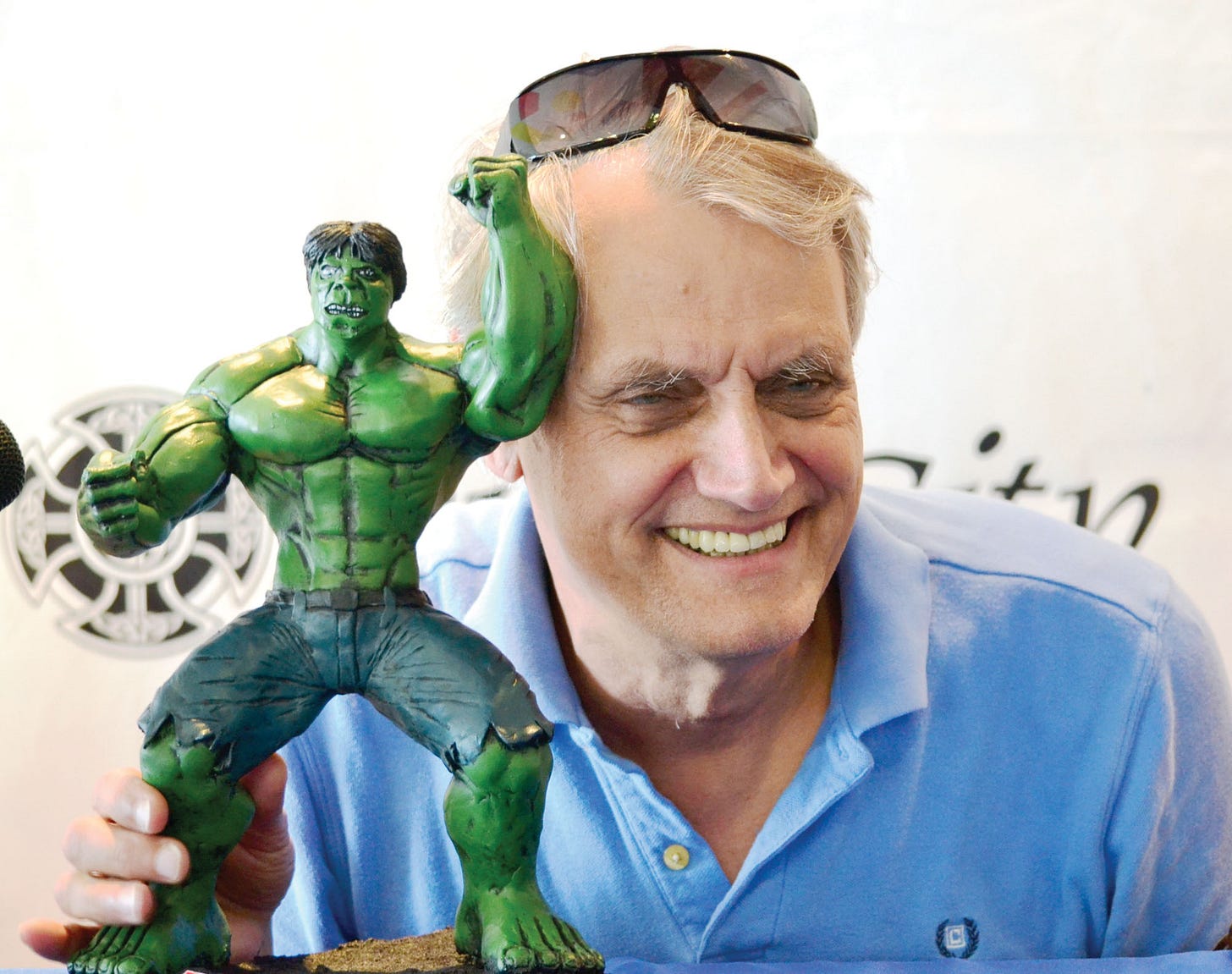
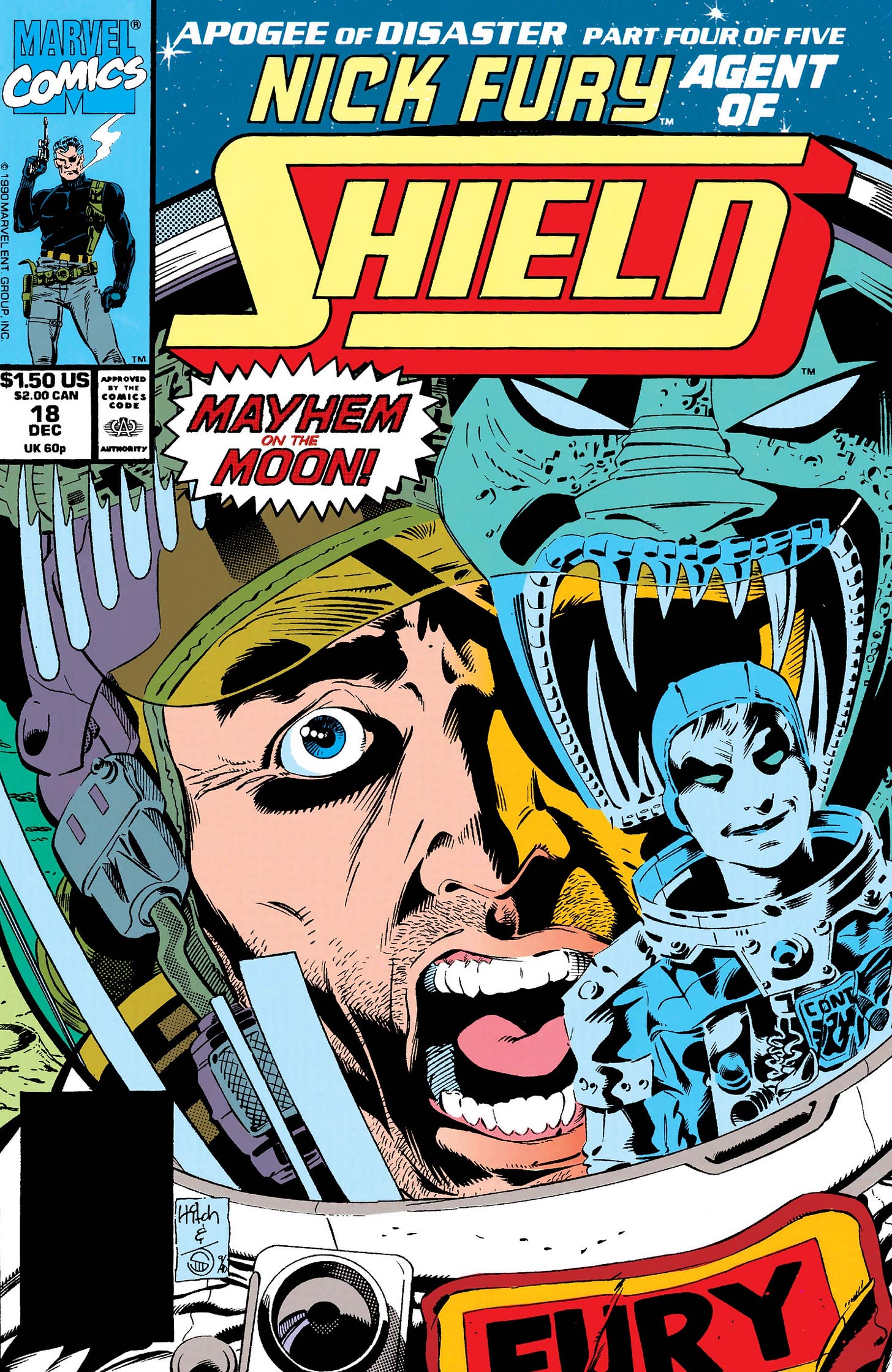

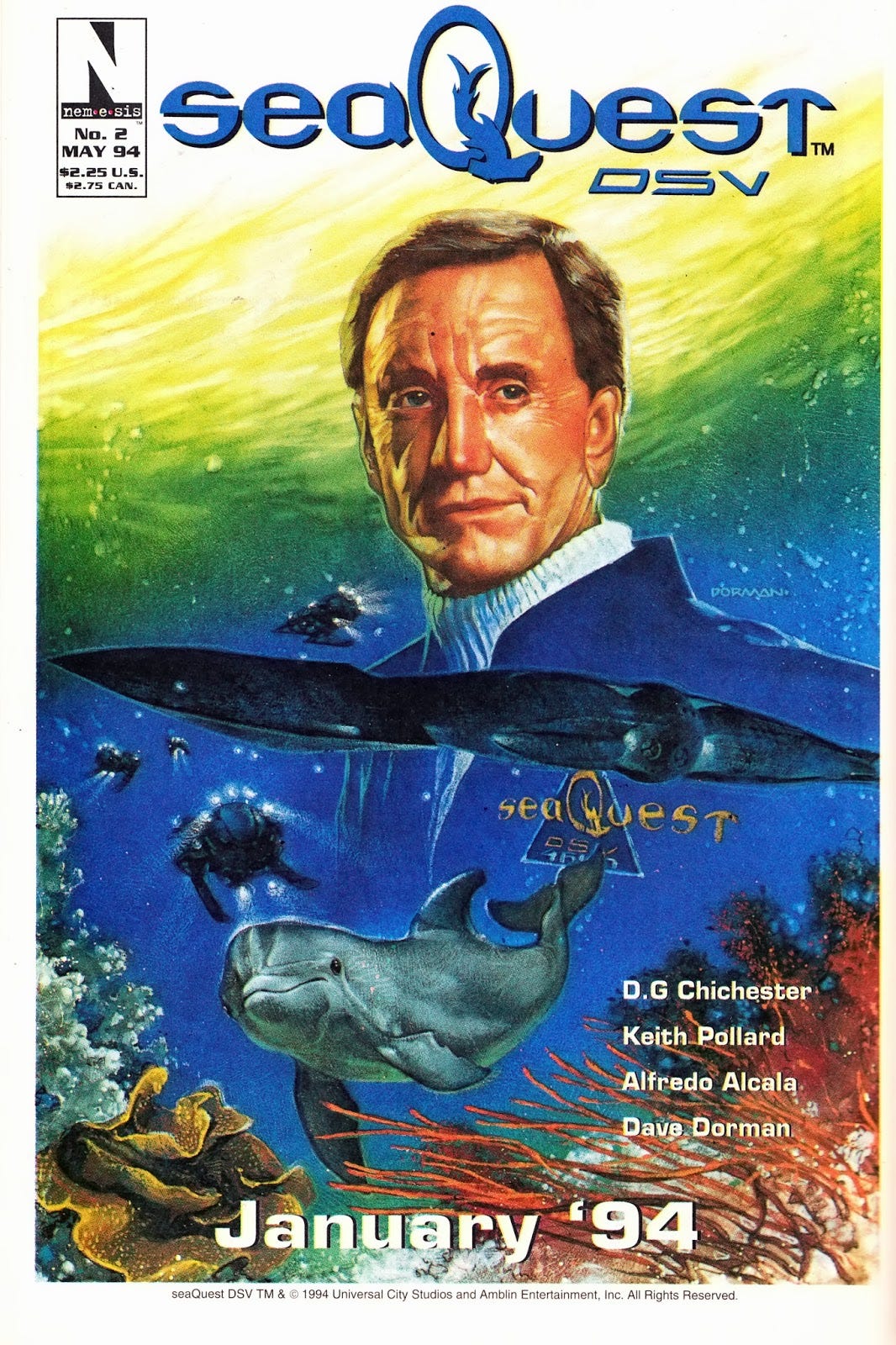
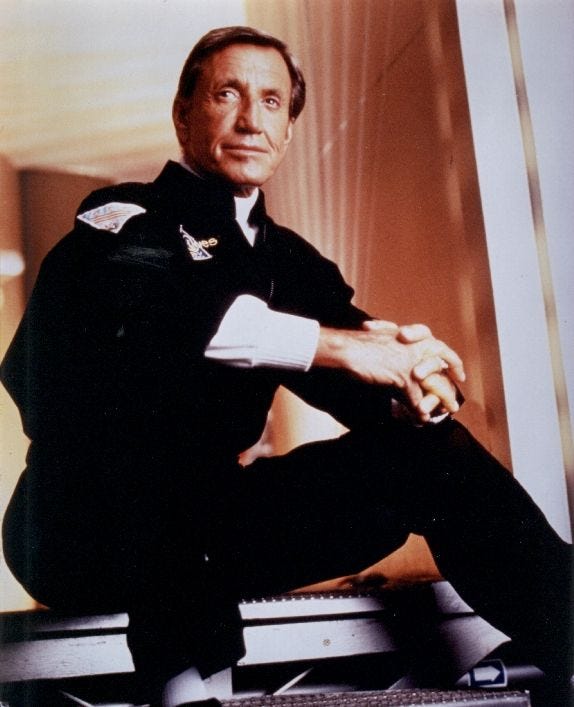
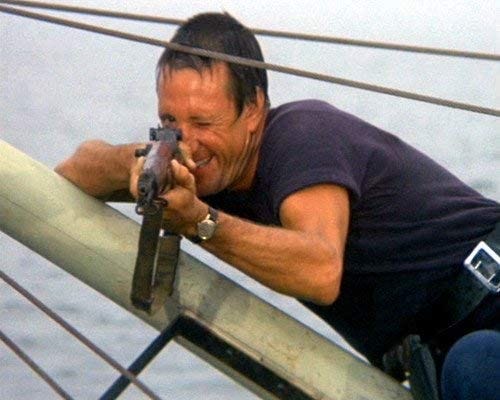

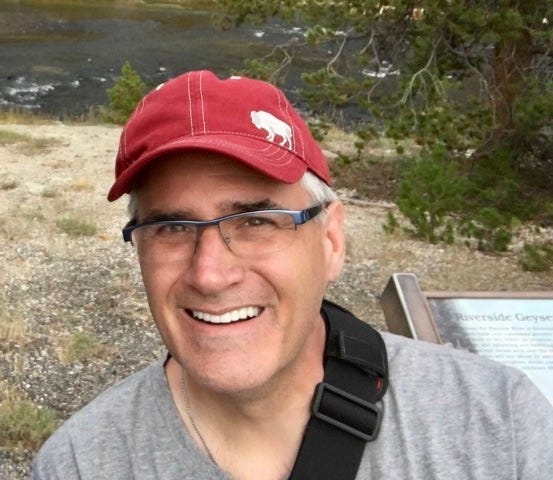
Herb's article is amazing, Dan. Thank you so much for posting the link. Now I want to know what happened next! Off to Wikipedia to find out...